Snake bite! Fear, agony, stress, anxiety and trauma; the name has it all. There are no second thoughts on how dangerous and scary it is. But not giving proper medical attention, and treatment is more dangerous and often fatal. Though all snakes are not poisonous and not all snake bites can be fatal, still it is advisable to bring it under medical focus as soon as possible. This will avoid health complications and hazards. Here’s a detailed account of the must-dos after a snake bite, to avoid medical fiascos. Take a look.
Snakebite sounds and is life-threatening. Approximately, 4.5–5.4 million people get bitten by snakes annually. Out of this, 1.8–2.7 million develop clinical illness and 81,000 to 138,000 die from complications. Hearing about it makes people nervous and traumatized. The person experiencing the bite suffers from excessive trauma and stress, so it is very essential to have people around who act wisely and responsively. It is often seen that people try to bite that portion or cut it off with a blade to make it bleed. It is a popular belief that bleeding will reduce the venom effect.
But that is not the correct procedure and is medically disapproved. Moreover, this can even spread the venom effect to other parts of the body. If you find anyone who has been bitten by a snake, do not panic or try any home remedies. Just rush to the nearest hospital for immediate medical attention.
Have you ever wondered about high-risk groups who are most prone to snake bites? Most people living in rural areas are susceptible to snake bites. From herders, rural agricultural workers and fishermen to hunters and people living in poorly constructed houses are in this category. People who do not have easy access to healthcare suffer from fatalities.
It is very crucial to know about the commonly seen symptoms of snakebite so that one can identify and take necessary medical actions. Snake bite can lead to life-threatening health conditions. The mostly seen symptoms or signs are
Other general indications are stomach pain, drooping eyelids, change in skin colour, headache, difficulty in swallowing, low blood pressure and weakness.
Most of the bites by poisonous snakes are treated with immediate medical attention and effective anti snake venom. It is advisable not to panic and create stress. People around need to make the person feel relaxed and calm and do not allow him to walk. It is necessary to immobilize the victim and rush to the nearest hospital, where the anti snake venom is available.
Bites can be of different types, depending on the place of the body, the snake and the nature of the venom.
This occurs when there is no venom deposition and no signs or symptoms beyond a puncture wound. As per worldwide data, 10% of pit viper bites and 30-50% of coral snake bites are dry.
Treatment for snakebite involves a series of crucial things that everyone must adhere to. A person who has just got bitten needs some quick first-aid followed by a thorough medical treatment to prevent health hazards and fatalities.
As soon as you come across someone who has been bitten, call the healthcare emergency number for an ambulance. It is essential to:
Note the approximate time of the bite and communicate the same to the doctor.
Make the patient relax and stay immobile. Mobility like restlessness and walking might induce the venom to get transmitted to other parts of the body.
Remove tight clothing and jewellery from the area around the bite point. This is necessary as the area might swell.
Monitor airway and breathing and be ready to resuscitate if necessary.
Once the first aid measures are taken quickly, the patient needs to be shifted to the medical centre that has snakebite treating doctors and facilities. Not all snakebites are poisonous and not all venom cause deaths.
The doctor usually analyses the wound and suggests the line of treatment. The severity of the bite depends on the nature of the wound, the place of the bite and the age and overall health conditions of the patients.
If the bite is not grave, the treating doctor might clean the wound and inject a tetanus vaccine before discharging the patient. In case of life-threatening health conditions, doctors usually inject anti-venoms in no time. The anti-venom reacts with the venom to make it inactive and dormant.
Now that you know, what to do when a person is bitten by a snake, it is also essential to know what not to do to worsen the situation. It is extremely essential not to panic and create unnecessary stress. It is also essential not to catch and trap the snake. If there is a chance, you can click a photo for medical reference.
Do not try to slash the wound with a blade or a knife or even bite and scrap it off. Do not try to suck the venom. Do not put water or ice on the wound and do not apply a tourniquet. It is essential not to give painkillers like aspirin, ibuprofen, or naproxen and do not try shock or folk therapies.
Snakebite sounds scary and traumatic but it can be treated and cured completely. If a person is bitten by a snake, it is essential to bring him to the nearest medical centre for quick medical attention. Experienced and knowledgeable doctors analyse the nature of the wound and suggest medicine and anti snake venom for quick relief.
Ernakulam Medical Centre, the best hospital in Kochi is equipped With proficient doctors, unmatched service and a stock of anti snake venom, EMC provides support to snake-bitten patients round the clock.
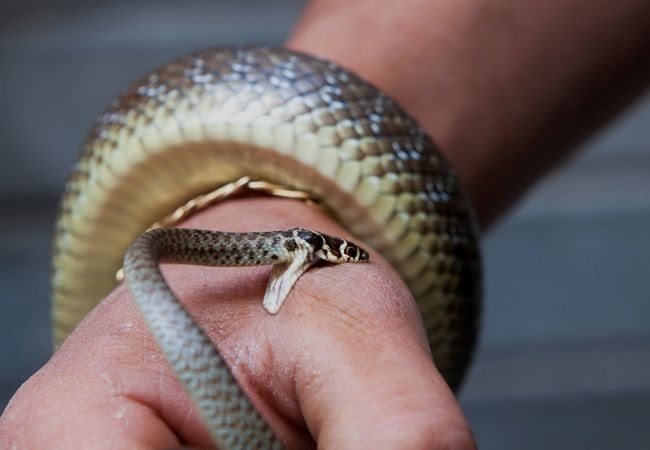
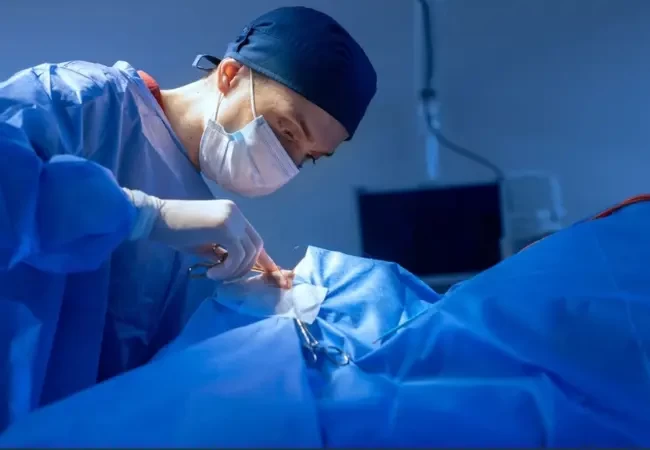
Discover the truth behind common plastic surgery myths. Learn what's real, what's outdated, and how modern procedures truly work.
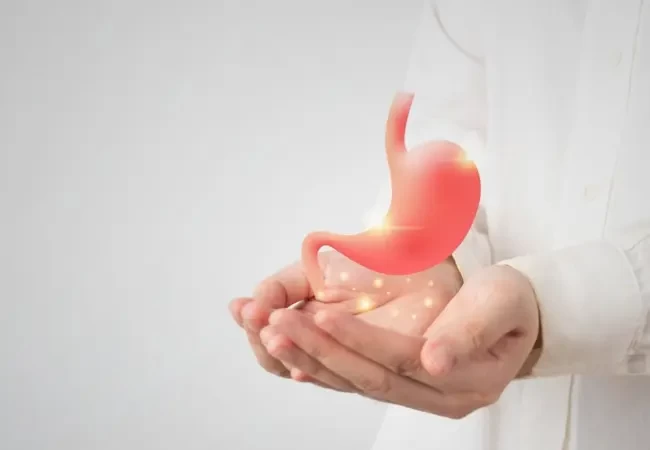
A step-by-step overview of GI surgery, covering what to do before surgery, what happens in the OR, and how to ensure a strong recovery.

Learn about cancer, its early signs, and prevention tips to lower your risk. Early detection saves lives—stay informed, take proactive steps, and protect your health.

Discover why a skilled pediatrician is essential for your child's growth, development, and overall well-being, from infancy through adolescence.

Discover how dermatology can help tackle acne, slow aging, and treat various skin conditions for healthier, more radiant skin.

Discover common childhood allergies, their symptoms, and management tips. Stay informed to keep your child safe and healthy.

Your liver plays a vital role in metabolism, digestion, immunity, and detoxification. Learn how liver health affects your body and ways to maintain its function.

Strong bones support your body and protect your health. Discover simple diet, exercise, and lifestyle tips to maintain bone strength at any age.
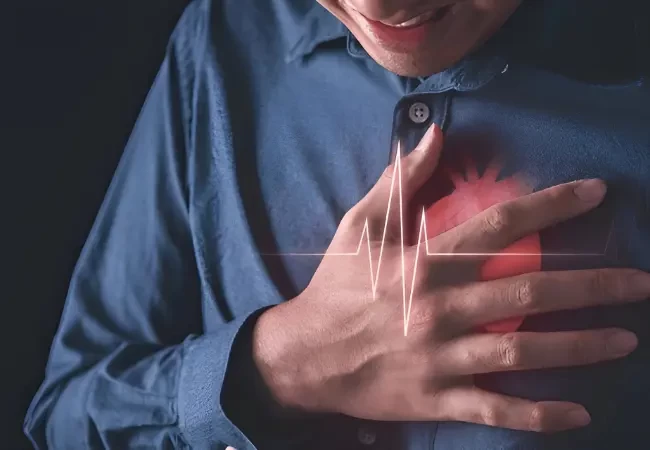
Discover the symptoms, causes, and treatment of hypertensive heart disease. Learn how high blood pressure affects your heart and when to seek medical care.
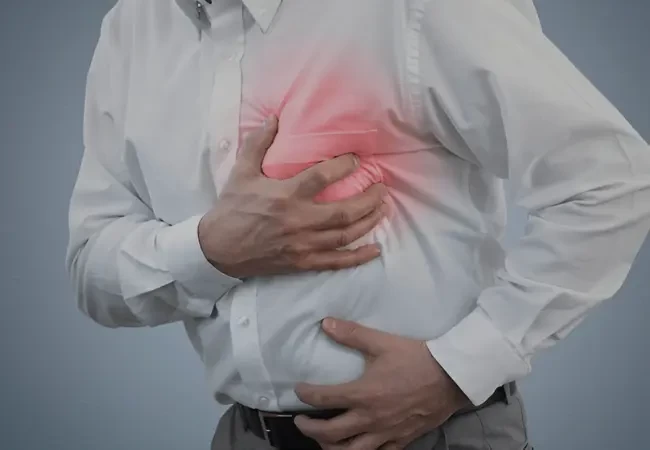
Learn about chest pain symptoms, causes, and treatments. Know when to seek medical help for a healthier heart.